The repeated question, are fats good or bad? What do you think? Some say they are good, some say they are bad. Let us go through some facts and studies and then you can decide yourself.
Back to basics; we have fats (usually animal origin – saturated ones), oils (usually plant origin – unsaturated ones) and trans fats (primarily man-made).
Essential fatty acids are needed for components of body structures, such as the functioning of the immune system, vision, plasma membranes and hormone production. Our body cannot synthesize them, so we need to get them through our diet. Those are Omega-3, Omega-6 and the major Omega-9 fatty acids. We can find them in wild salmon, nuts, compresses, avocado, etc.
Saturated fats are found in meat, meat products, dairy products, eggs, and oils. Studies have shown that they contribute more to cardiovascular diseases, so be mindful about the intakes.
Trans fats are common in baked and fried goods, fast food, highly processed foods. They resist enzymatic breakdown in the body, remain in circulation longer, and deposit in arteries even more than saturated fats.
Adding unhealthy fats and oils to our food increases the calorie intake as 1g of fat/oil = 9 kcal.
Considering that most of the food we are eating already contains fat and has its own calories, by adding additional fat to it we are increasing the total calories, which consequently brings us to eating too many calories in a day. Eating high caloric food with low nutrient density.
In that case it is much harder to maintain healthy body composition, good health and to eat without starving ourselves.
Let’s take an example:
100g of oil = 884 kcal
100g of white pasta = 131 kcal
100g of plain chicken meat = 239 kcal
100g of cauliflower = 24,9 kcal
Now imagine the volume of the food you may consume to get to the same calories matching the oil. Not even considering the nutritional values.
Fats and oils also affect our sports performance, as by narrowing our blood vessels much less oxygen can be transported around our body. This decreases the functionality of our anaerobic system and results in lower stamina, fitness and energy levels.
Those are just basic facts, not to go too deep, so choose wisely what you are adding to your food.
I hope you liked this post and that it helped you understand better what is good and bad for your health.
Have a good healthy day xx


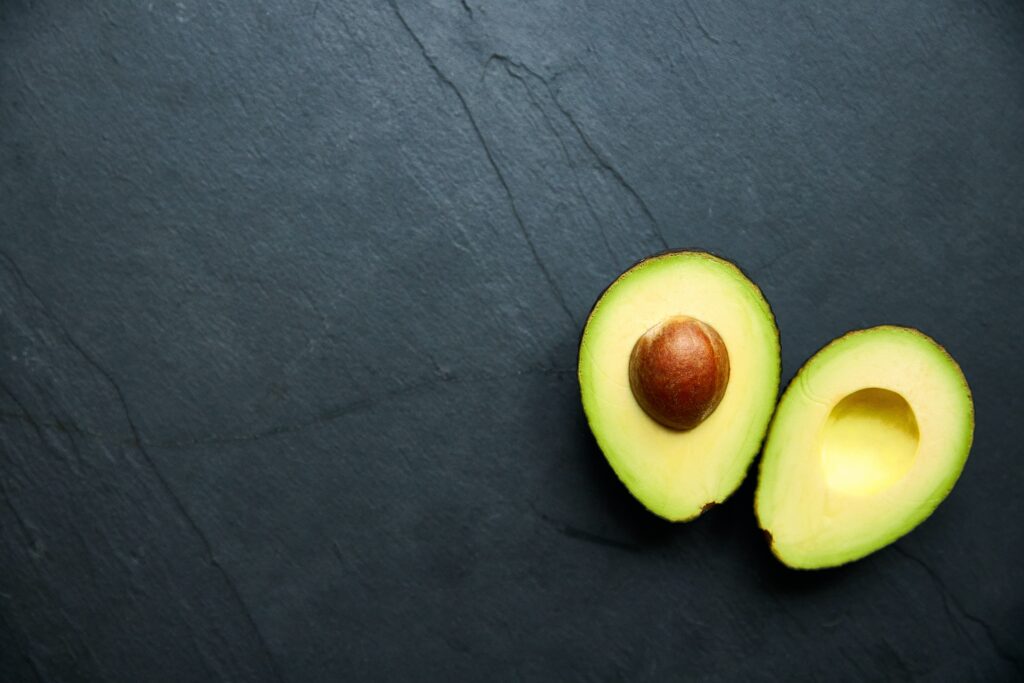
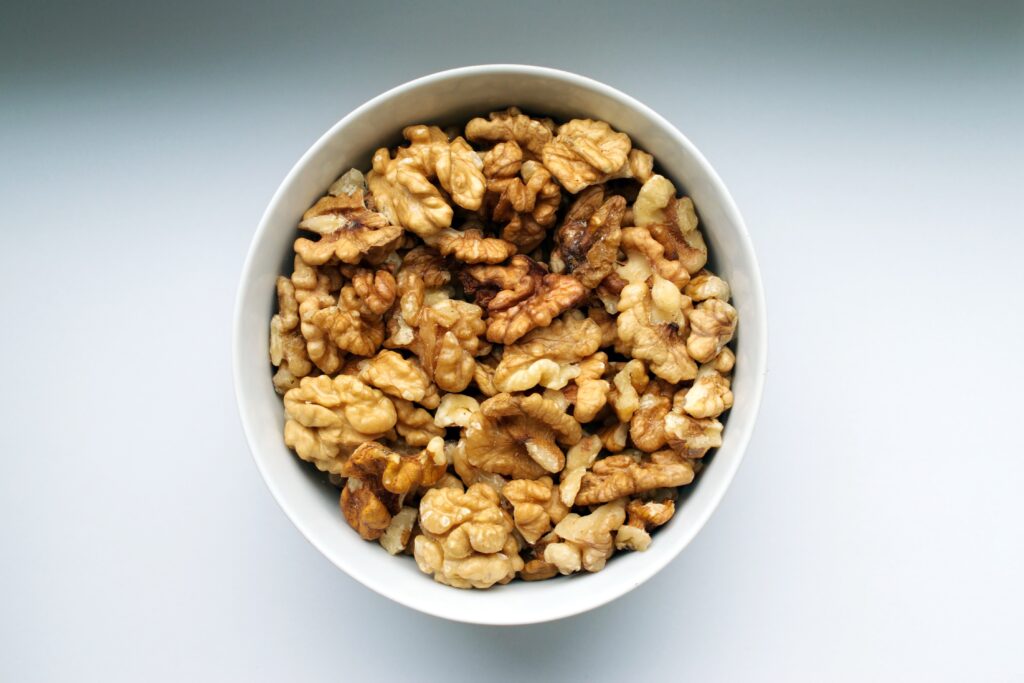
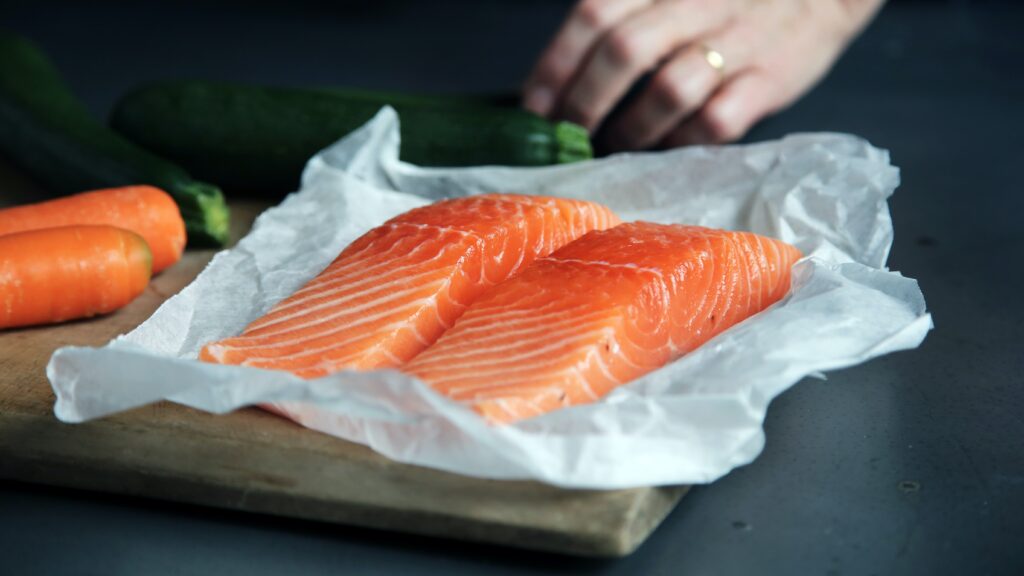
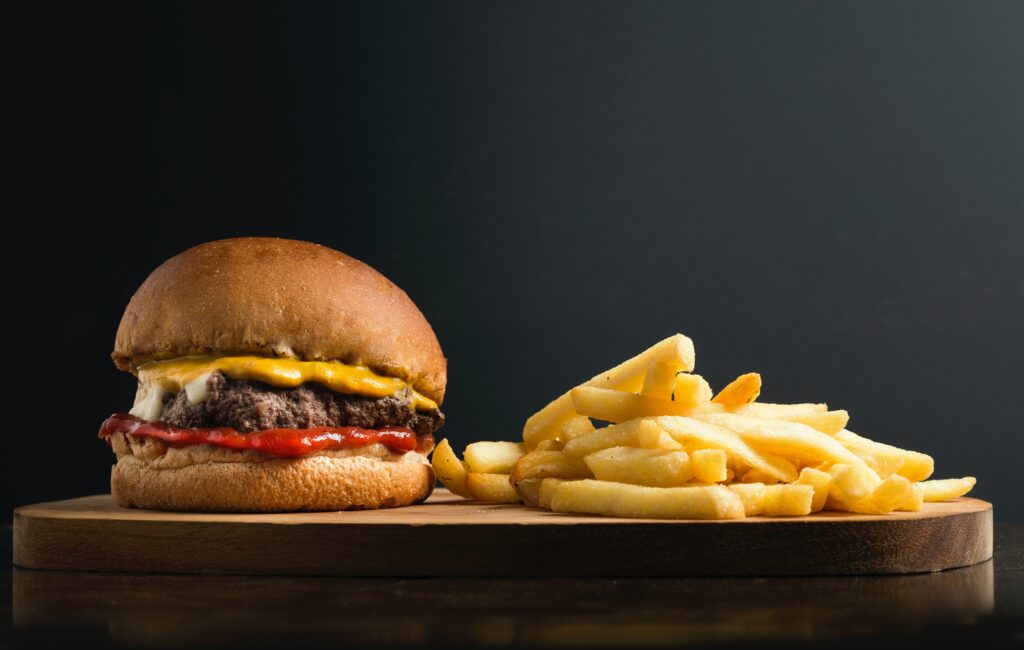

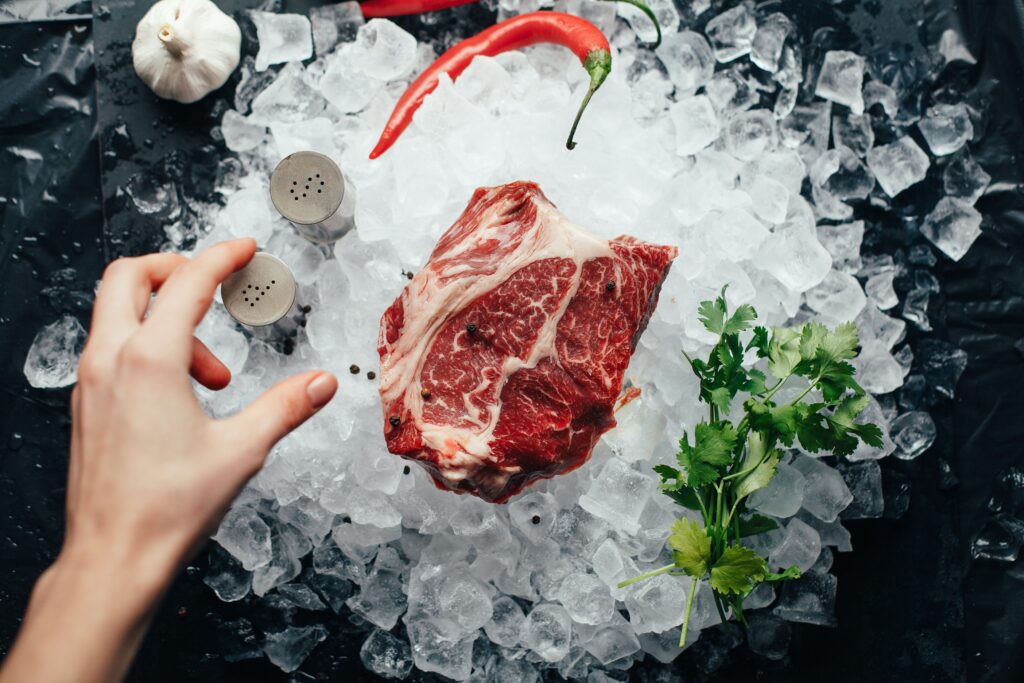
2 comments
Vegetable sources of omega-3 fats are not thought to have the same benefits on heart health as those found in fish. Find out more about healthy eating as a vegetarian .
Hi Noah, thank you for your comment. That is absolutely true that’s why you should implement omega-3 capsules in your diet. But of course, being careful to take the pure one from fish sources.